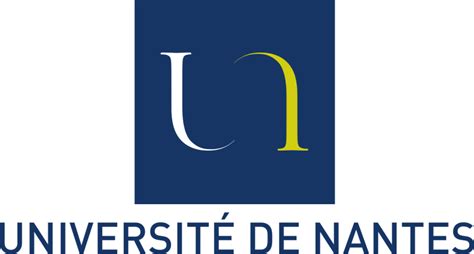Imagination and False Memories
Résumé
Since the publication of the famous Roediger and McDermott article (1995), researchers have focused on the Deese-Roediger-McDermott (DRM) paradigm and studied many factors involved in memory illusions. The aim of the current study has been to investigate the effect of imaginal encoding on memory confusion in the DRM paradigm. Overall, results indicated that imaginal encoding improves true recall and recognition and significantly reduces false recall, whereas no reduction effect occurs on false recognition. These results are interesting because they are inconsistent with what we would expect based on the available findings in the literature. Otherwise, the present results call into question the underlying processes involved in the creation of veridical and false memories during recall and recognition in DRM tasks.
| Origine | Fichiers produits par l'(les) auteur(s) |
|---|
